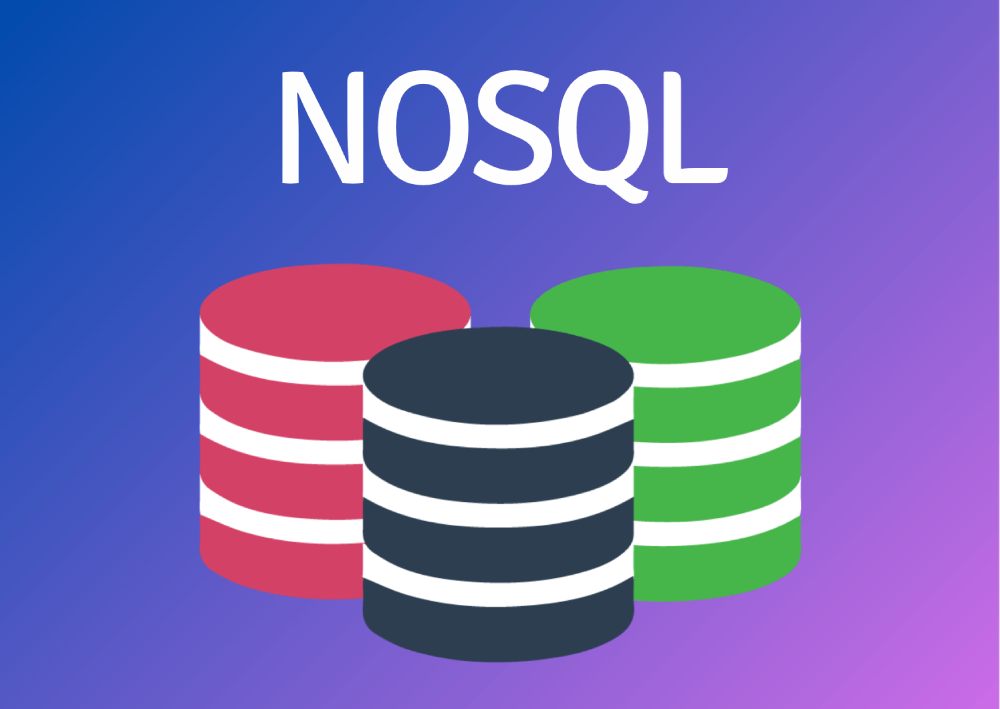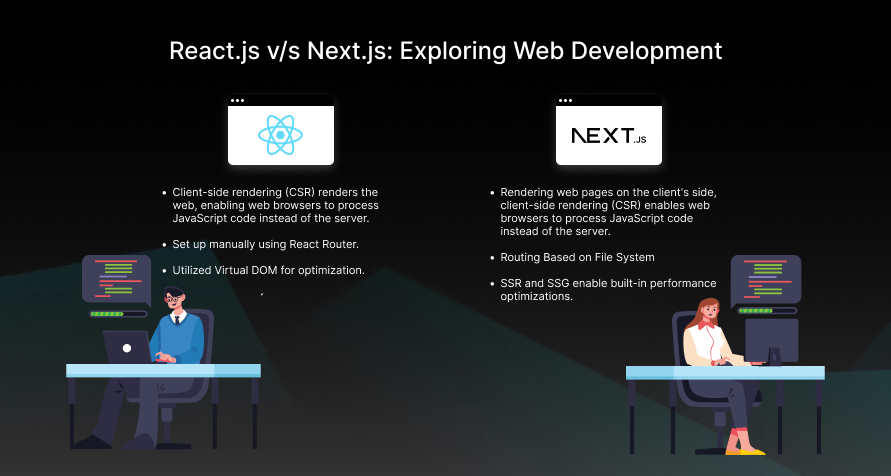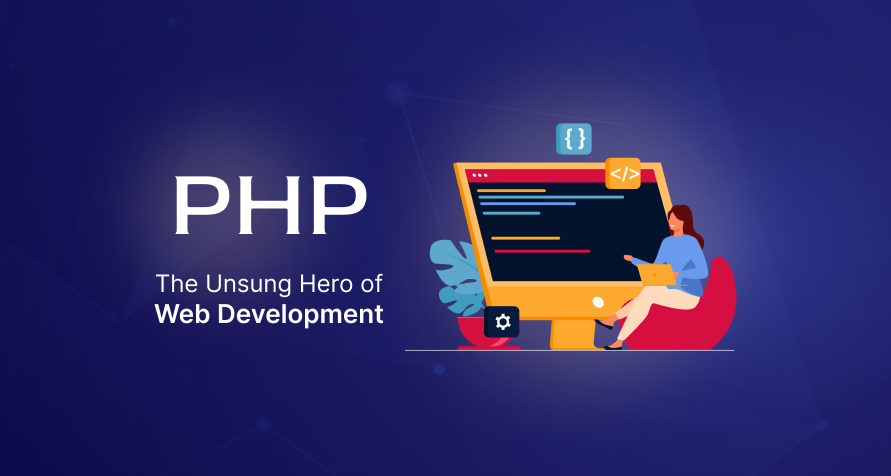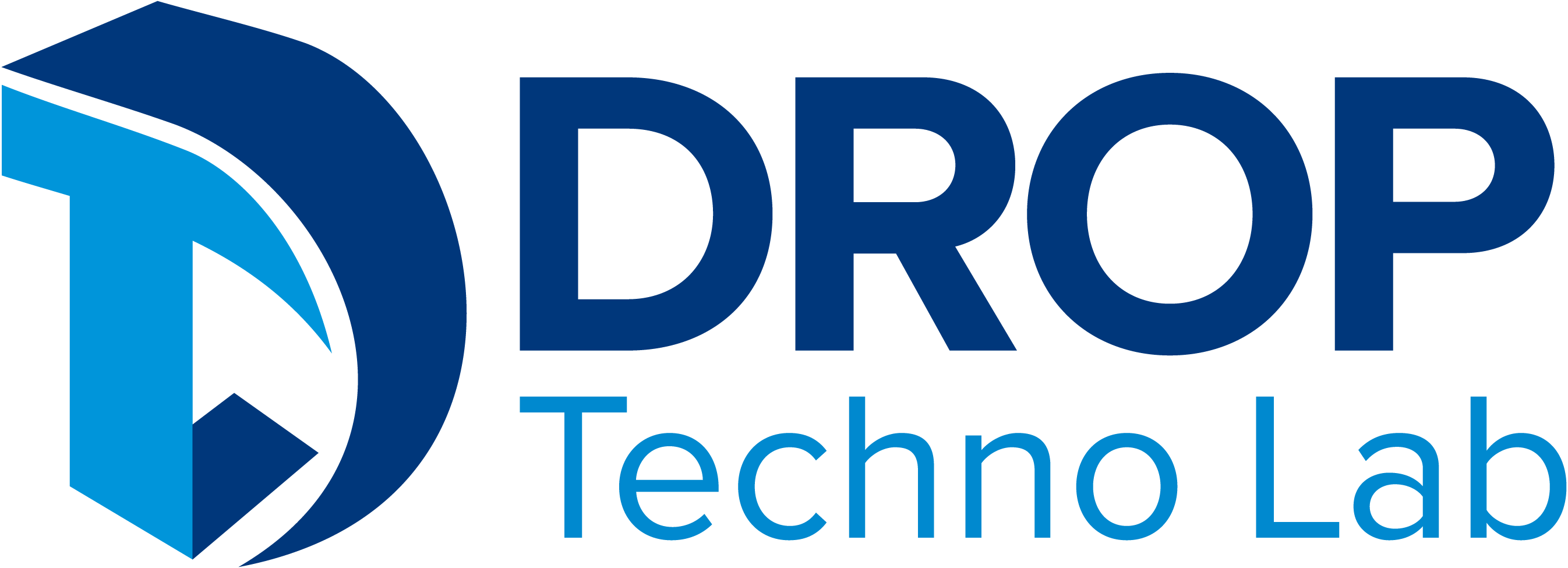What is NoSQL?
NoSQL, short for “Not Only SQL,” refers to a class of database systems that diverge from traditional relational databases by not adhering strictly to a fixed schema and by avoiding complex joins. These databases store data in formats other than relational tables, offering greater flexibility in handling structured, semi-structured, or unstructured data, such as graphs, charts, or objects.
During the dot com era, as internet businesses burgeoned, traditional relational databases struggled to cope with the surge in data and traffic. To address these limitations, companies like Amazon and Google pioneered NoSQL solutions such as SimpleDB and BigTable. This led to a paradigm shift in database management, prompting the community to explore alternatives to relational databases.
Is NoSQL Worth using?
NoSQL databases represent a revolutionary departure from traditional SQL databases, offering a myriad of unique advantages, particularly in managing vast amounts of data. Their inherent flexibility to handle diverse data structures is a game-changer for businesses grappling with scalability, rapid development, and the efficient handling of extensive datasets.
What sets NoSQL apart is its ability to cater to various data models, providing tailored solutions for different application needs. This versatility enables seamless horizontal scalability and precise availability control, empowering enterprises to manage big data with unparalleled efficiency.
Furthermore, NoSQL databases excel in accommodating the rapid growth and changing needs of modern businesses. Their distributed architecture and fault-tolerant design ensure robust performance even in the face of unprecedented data volumes and complex workloads.
In essence, NoSQL databases offer a unique blend of flexibility, scalability, and performance, making them indispensable tools for organizations navigating the complexities of big data management in today’s dynamic business landscape.
Merits and Demerits of NoSQL:
Merits of NoSQL:
- Scalability: NoSQL databases are highly scalable, adapting to evolving business needs.
- Development Ease: Many NoSQL systems require minimal coding, facilitating quick development cycles.
- Performance: NoSQL databases excel in throughput and latency, ensuring optimal performance.
- Cost-Effectiveness: They typically run on inexpensive hardware and do not incur costly licensing fees.
- Open Source: The majority of NoSQL software is open-source, fostering collaborative development.
- Query Speed: NoSQL databases offer rapid query speed, particularly for simple lookups without complex joins.
DeMerits of NoSQL:
- Query Complexity: NoSQL databases lack the sophisticated query functionality of SQL databases.
- Backup Challenges: Backing up data in NoSQL systems can be more complex than relational databases.
- While: NoSQL prioritizes scalability and performance, it does come with some trade-offs. One such trade-off is data consistency. NoSQL’s design choices can potentially compromise security by favoring scalability and performance over data consistency. This is an important consideration for businesses when evaluating NoSQL as a database management system.
Conclusion:
Selecting the appropriate database management system is crucial for businesses. NoSQL databases offer compelling benefits such as scalability, performance, and flexibility, but they also have limitations in query complexity and data consistency. Assessing your project’s specific needs is essential in determining whether NoSQL is the right choice. For assistance in decision-making or expertise in NoSQL or SQL, consider contacting Drop Techno Lab for support.










